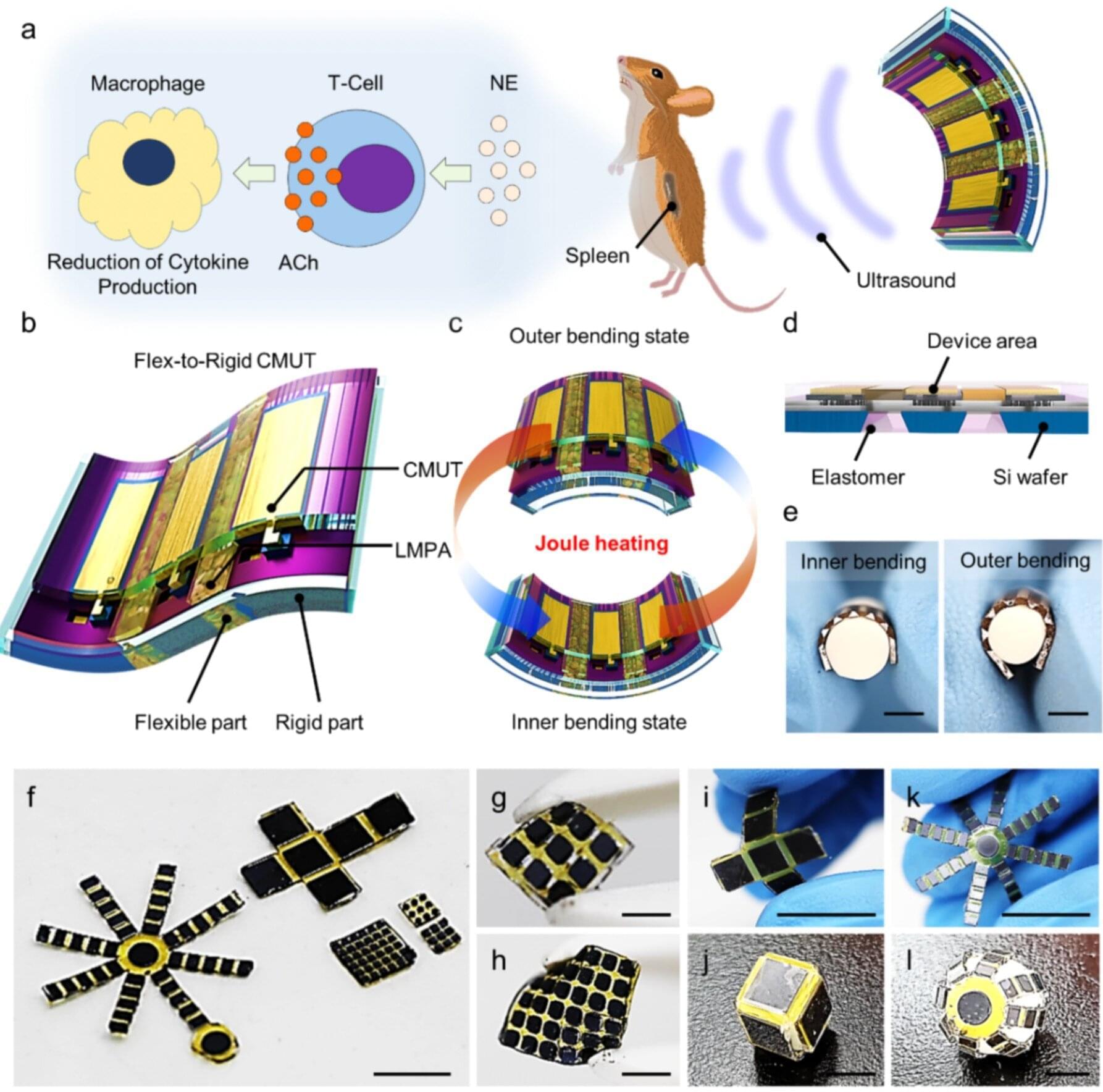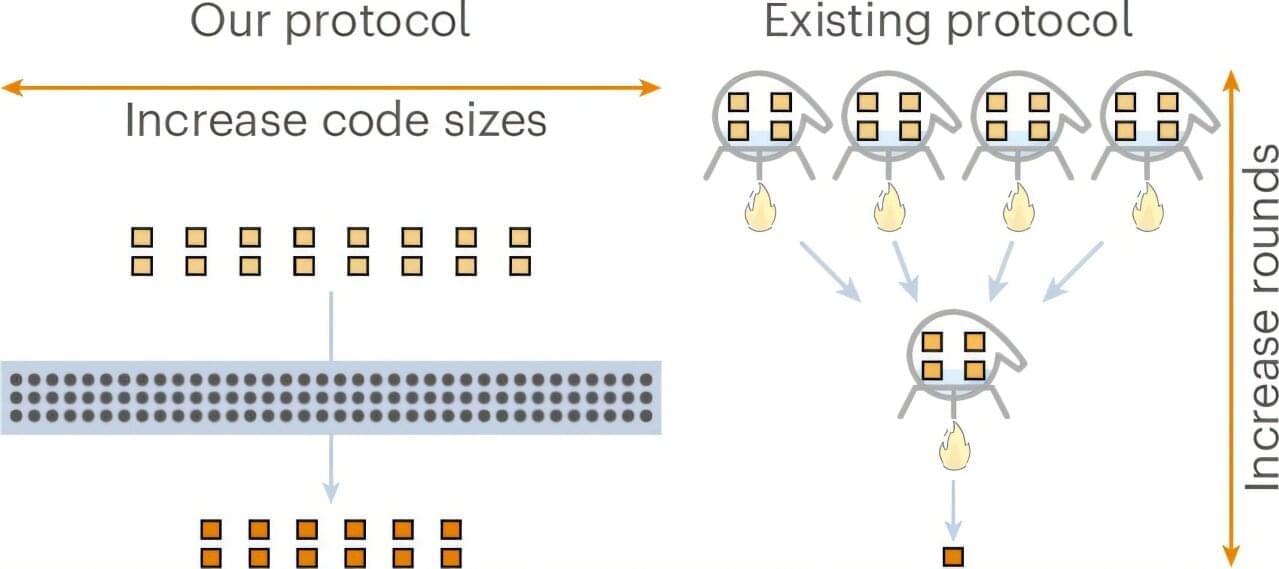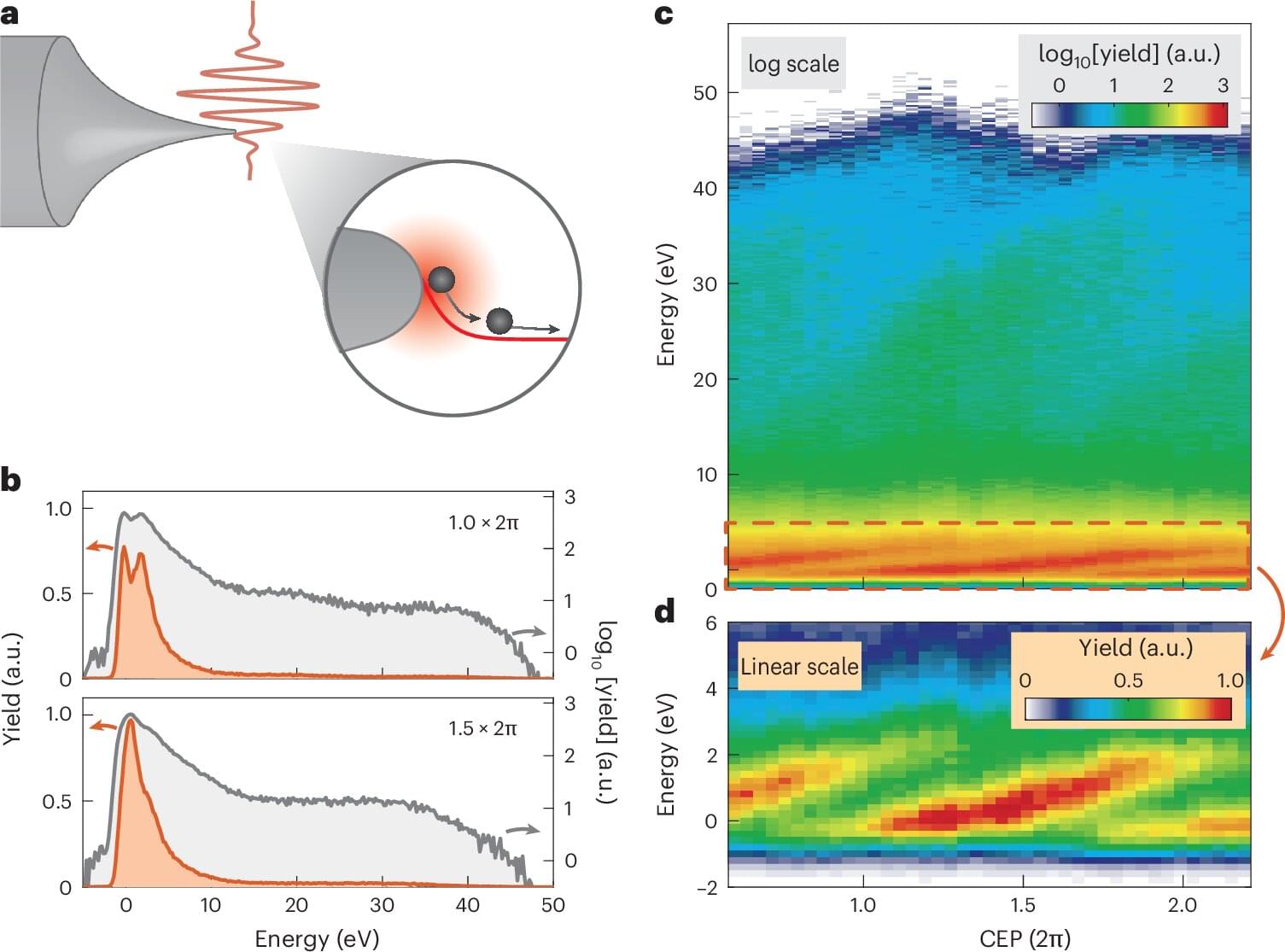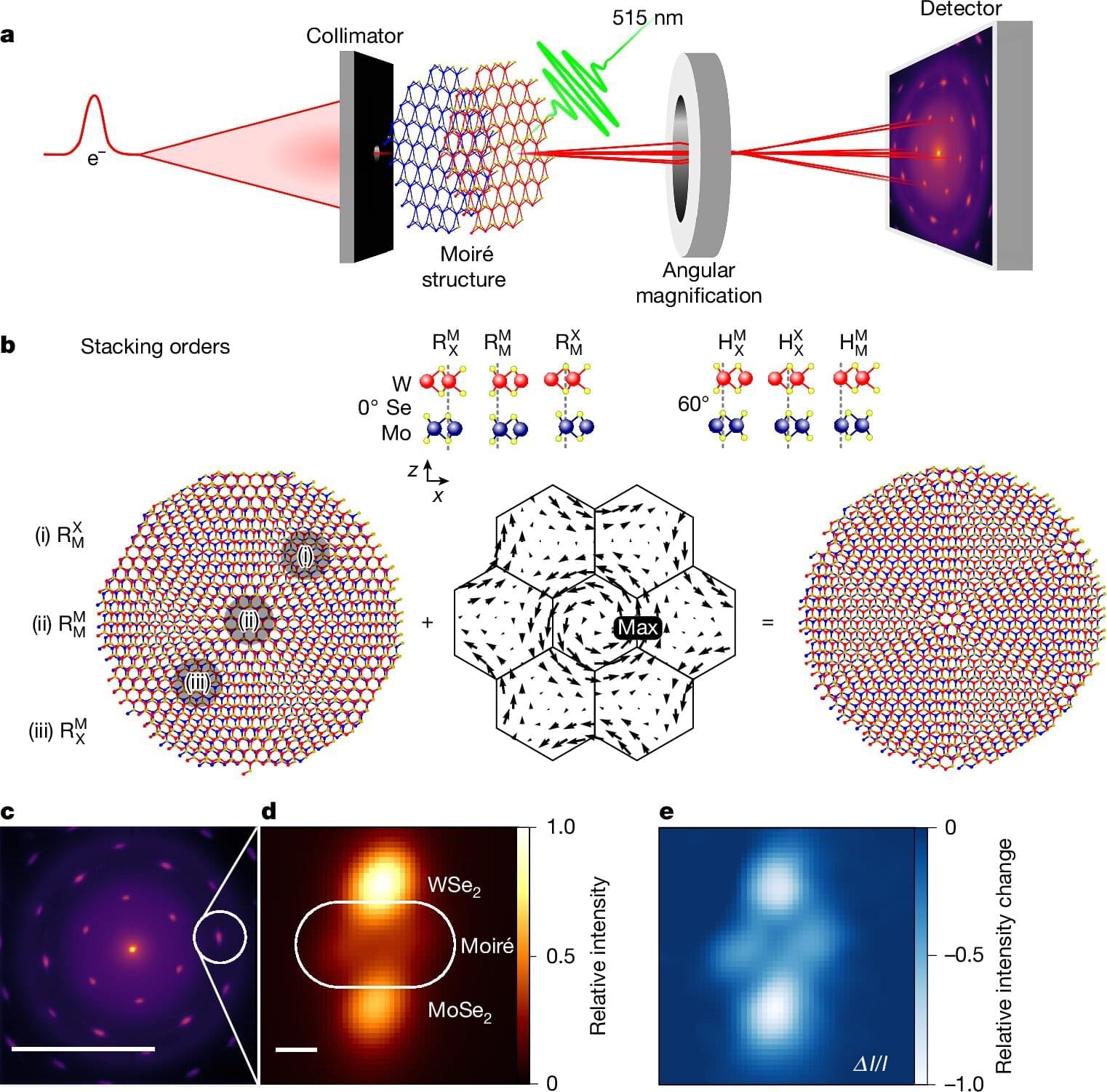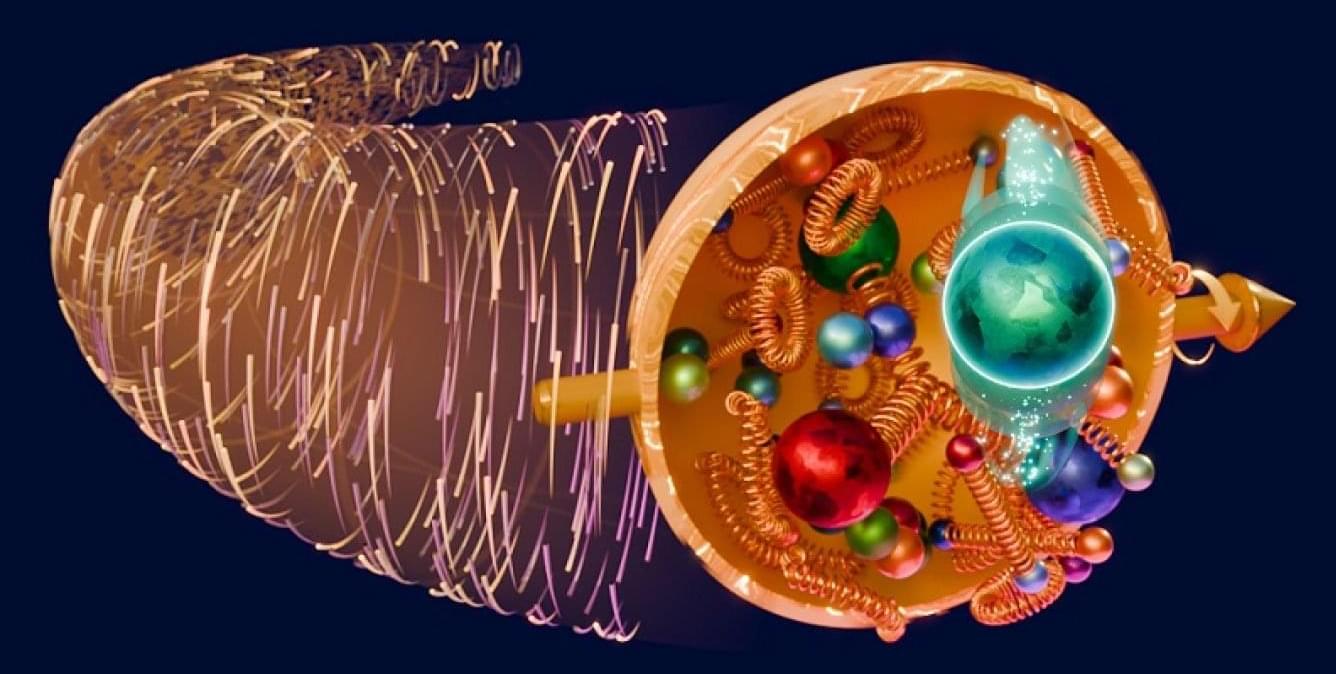When an intense laser pulse hits a stationary electron, it performs a trembling motion at the frequency of the light field. However, this motion dies down after the pulse, and the electron comes to rest again at its original location. If, however, the light field changes its strength along the electron’s trajectory, the electron builds up an additional drift motion with each oscillation, which it retains even after the pulse. The spatial light intensity acts like a slope that the electron slides down.
This effect, known for decades, is called ponderomotive acceleration. However, due to the low spatial dependence of intensity even in focused light beams, this light-driven sliding effect can only be clearly observed for long-lasting laser pulses with many oscillations of the field.
In a recent study, researchers have demonstrated pronounced ponderomotive acceleration during just a single light oscillation. The crucial trick was the use of sharp metallic needle tips, which exhibit an extremely strong spatial variation in light intensity when illuminated with laser light. The work is published in the journal Nature Physics.
